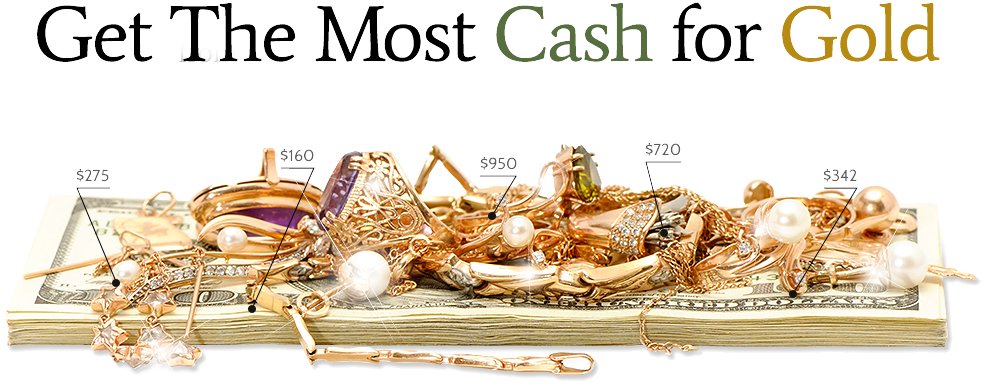Steering the Complexities of Selling Precious Metal to Purchasers in a Challenging Marketplace
Steering the Complexities of Selling Precious Metal to Purchasers in a Challenging Marketplace
Blog Article
Selling precious metals can be a rewarding venture, but it also presents with its own array of challenges. In a fierce market, grasping how to maneuver the selling process is crucial for getting the best price for your gold. Whether you are selling ornaments, currency, or bars, knowing the appropriate steps to take can help you maximize your profits. This article will explore the key elements to take into account when transacting precious metals, including industry trends, appraisal, and locating the right buyers.
One of the initial things to consider when selling precious metals is the present market trends. Precious metals prices fluctuate based on various elements, including economic conditions, inflation rates, and international demand. Keeping an watch on these trends can help sellers decide the optimal time to transact. For instance, if the value of gold is high, it may be a favorable opportunity to offload. On the other hand, if prices are diminished, it might be prudent to wait until they rise. Investigating market trends can provide valuable information and help sellers make informed choices.
Appraisal is another crucial aspect of selling precious metals. Before placing gold on the platform, it is essential to understand its worth. This involves understanding the quality of the precious metals, which is measured in fineness, and the weight of the item. Vendors should think about getting their assets appraised by a certified expert to ensure they have an exact valuation. An evaluation can provide a clear comprehension of the gold's current worth, which can help in negotiations with prospective clients. Knowing the worth of the assets can also stop sellers from go to this website taking offers that are too diminished.
Finding the right buyers is essential in a competitive market. There are multiple options available for transacting precious metals, including pawn shops, digital marketplaces, and dedicated gold clients. Each option has its advantages and cons. For example, pawn brokers may offer immediate cash but often at lower prices, while digital marketplaces can provide entry to a larger clientele but may require more work to list and transact the items. It is crucial for sellers to investigate prospective buyers and select the one that aligns with their transacting objectives. Building relationships with trustworthy buyers can also result to better bids and a smoother transacting process.
When transacting gold, it is also crucial to be aware of the regulatory and ethical factors involved. Sellers should make sure that they are complying with regional regulations regarding the sale of gold. Additionally, being open about the condition and background of the gold can foster confidence with buyers. Responsible selling practices not only safeguard the seller but also add to a positive standing in the industry. This can lead to recurring business and recommendations, which are valuable in a fierce environment.
In summary, selling precious metals in a competitive market demands thoughtful planning and evaluation. By remaining informed about industry trends, comprehending the valuation of assets, finding the appropriate clients, and adhering to regulatory and ethical standards, vendors can navigate the complexities of the precious metals industry successfully. With the appropriate strategy, selling precious metals can be a rewarding experience that meets the vendor's financial needs.
